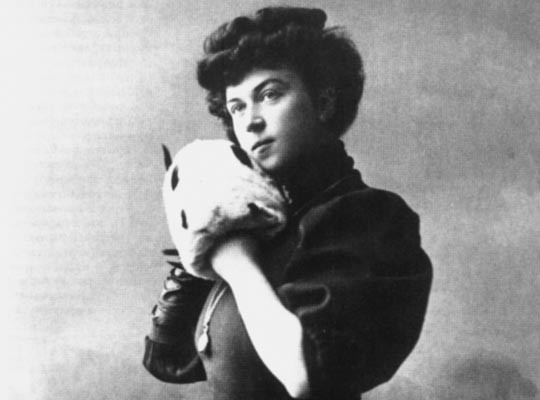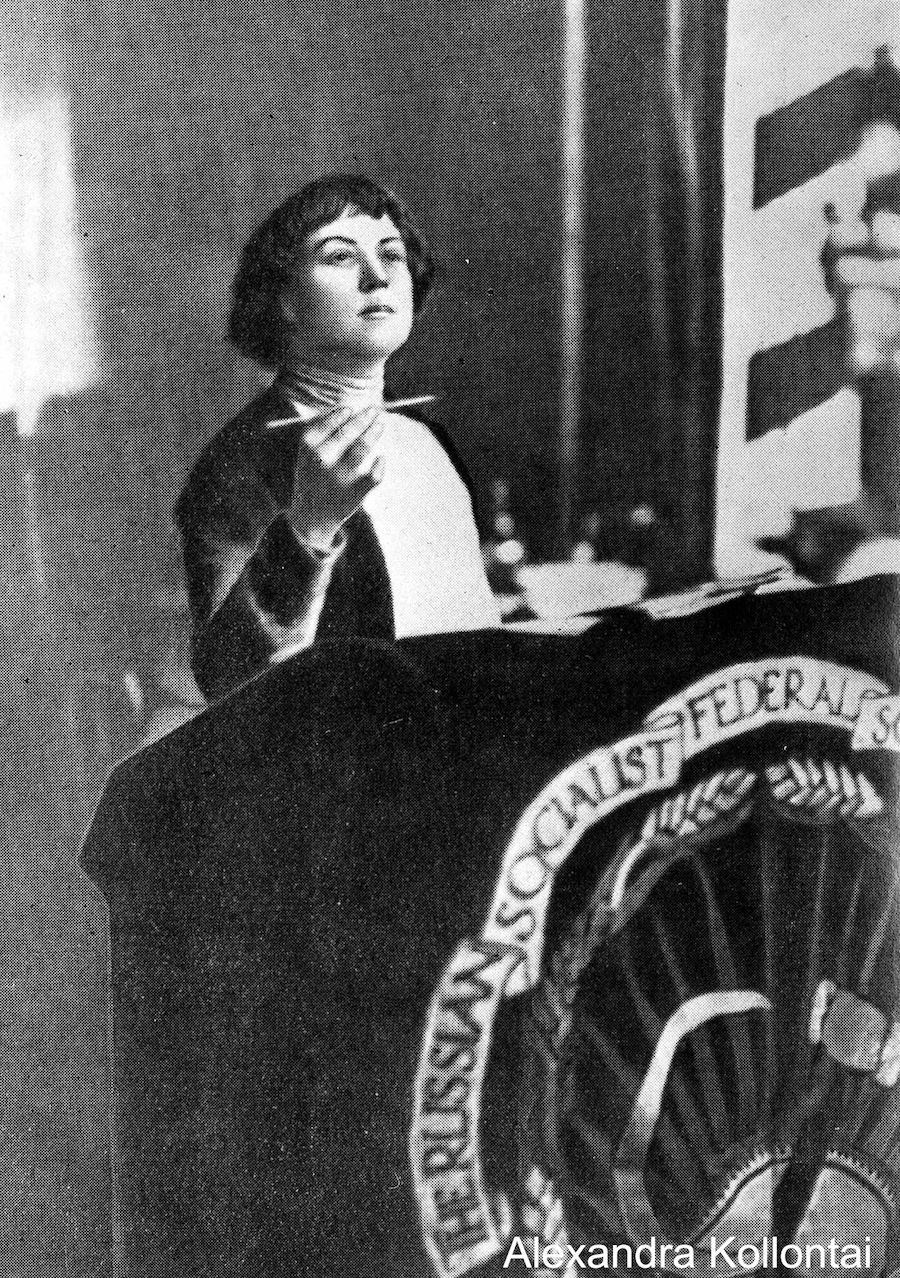Issued on: 01/07/2020 -

A worker handles remains at a crematorium in New York on June 5, 2020 Johannes EISELE AFP/File
HEY HEY USA
HOW MANY OF YOU
HAS TRUMP KILLED TODAY
Washington (AFP)
The coronavirus pandemic in the US claimed at least 122,000 more lives than would be expected in a normal year, for a rise of 18 percent, says a study released Wednesday.
But this is just a national average, and the excess death rate was particularly high in virus hot spots such as New York City, which buried three times more people than usual and up to seven times as many during the peak of the pandemic, according to a week by week study carried out at Yale University and published in the journal JAMA Internal Medicine.
In New York City, the expected deaths under a demographic model based on statistics from previous years would be 13,000 from March 1 through the end of May. But this time the number of deaths recorded was 38,170.
What is more, throughout the first phase of the pandemic in the US the official COVID-19 death toll was widely underestimated, the statistics in this study show.
The total number of extra deaths was far greater than that of fatalities officially blamed on the coronavirus. This is because many people who died were not tested for the virus, or because the way death certificates are filled out is not standardized in the US. So 22 percent of the above-normal deaths had no official link to the coronavirus.
States such as Texas and Arizona, which went relatively unscathed in the spring -- but are now hit hard in a new virus surge -- were the worst off by this measure. More than half of the excess deaths went unexplained, with no official link to the pandemic.
But this margin got smaller as more testing was carried out in the US.
"The gap between the official COVID-19 tally and the excess deaths has been shrinking over time and has nearly disappeared in some places, like New York City," Daniel Weinberger, an associate professor of epidemiology at the Yale School of Public Health and first author of the study, told AFP.
"How reliably the official tolls capture the full burden of excess deaths still varies considerably between states," he added.
The official COVID-19 death toll is relatively reliable in New York, Massachusetts or Minnesota, for instance, the study shows.
The study does not address the issue of deaths caused indirectly by the pandemic. These are people who died of other causes, such as a heart attack or stroke and refused to go to a hospital for fear of getting infected with the coronavirus.
Separate data show that these causes of death increased although Weinberger said he does not think they contributed a lot to the overall excess deaths.
© 2020 AFP








